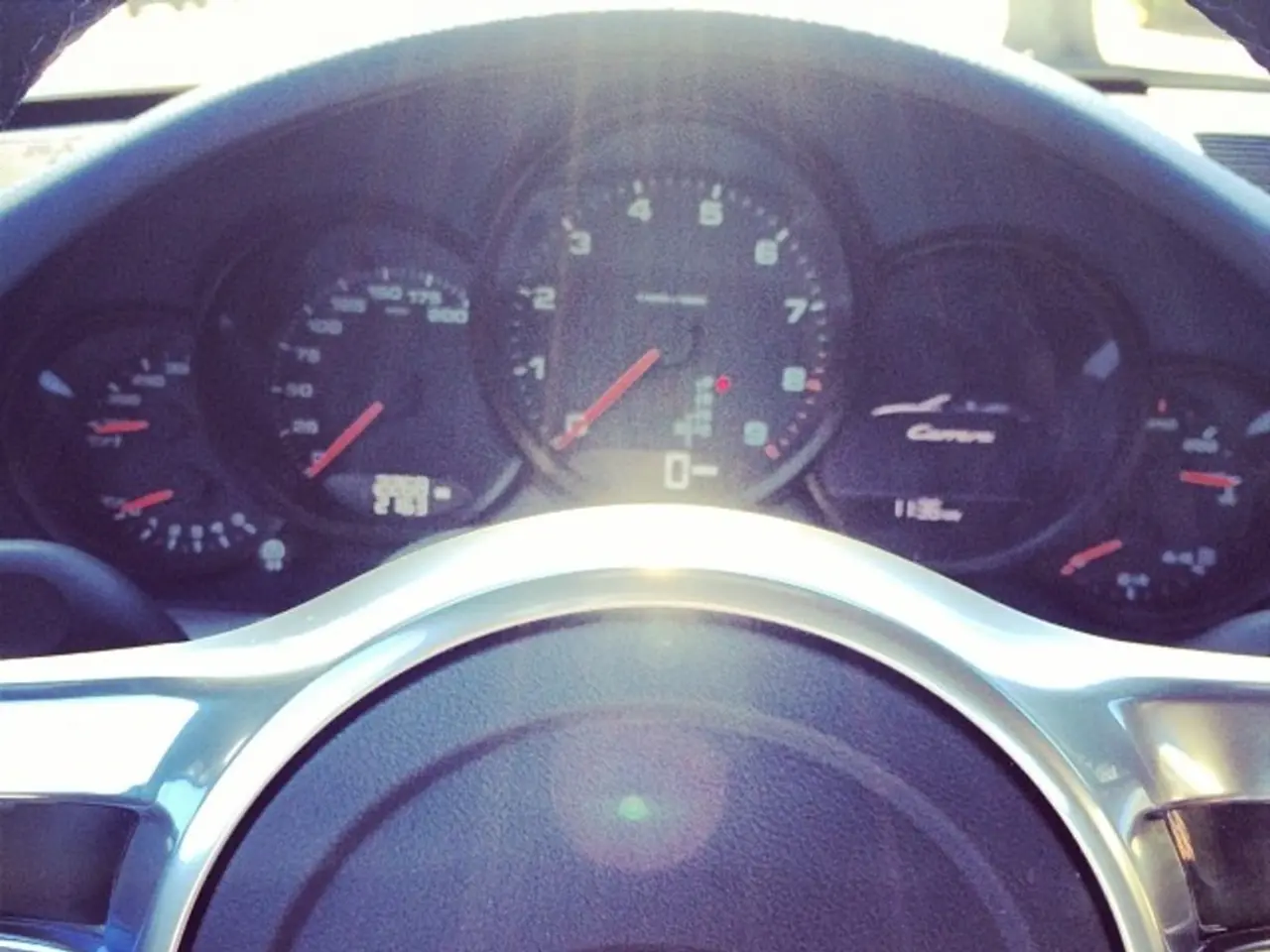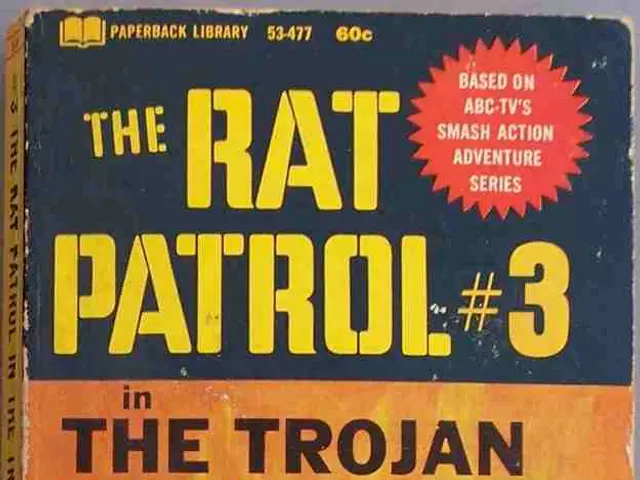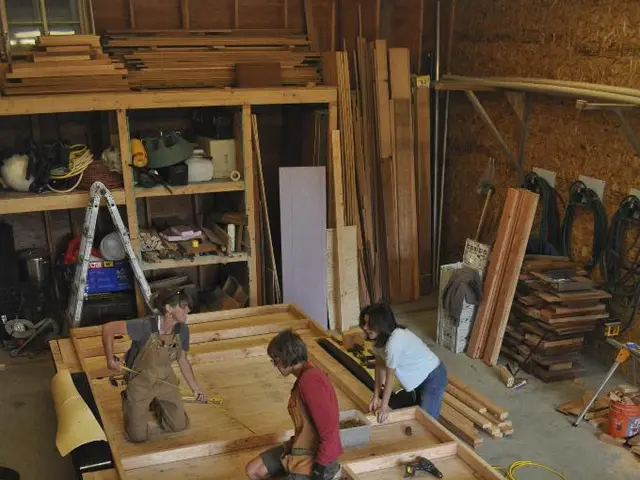Porsche ceases stateside manufacturing
Porsche, the renowned German sports car manufacturer, has temporarily rejected a plan for car production in the United States. This decision comes as the automaker grapples with strategic and financial challenges related to its battery technology development.
In a statement to Handelsblatt, Porsche's North America chief, Timo Resch, confirmed that the company is satisfied with the current origin of its vehicles. However, he also acknowledged that the tariffs on car imports by US President Donald Trump increase the cost of selling German cars in the USA for manufacturers.
The current tariff rate of 27.5 percent, set to decrease retroactively to 15 percent on August 1, remains higher than before the trade conflict. This increase in export costs has been cited as a reason for Porsche's decision not to produce in the USA.
Despite the tariffs, Porsche has not disclosed the exact financial impact on its operations. The company has also not made any announcements about potential changes in its production strategy in the near future.
For Porsche, there are no immediate or concrete plans or immediate need for production in an existing plant of a VW subsidiary or final assembly of completed parts in the USA. Local production does not make sense from a cost perspective at the current stage for Porsche.
The tariffs on car imports are a factor that German automakers might consider when deciding on future production strategies in the USA. Industry experts anticipate German automakers to relocate production to the USA in the medium term. However, for Porsche, any future changes in production strategy would likely be influenced by advancements in battery technology and the company's ongoing efforts to secure a reliable supply of batteries.
The failure and restructuring of Porsche's battery subsidiary Cellforce have led the company to rely more on external suppliers for batteries rather than building local production capacity. This cautious and re-evaluated approach indicates that Porsche is not yet ready for large-scale manufacturing in the US.
In conclusion, while Porsche has temporarily rejected plans for car production in the USA, the company remains open to future possibilities. The ongoing tariff situation continues to affect the cost structure of German automakers in the USA, and industry experts anticipate changes in the coming years. However, for Porsche, the focus remains on overcoming the challenges in battery technology development and securing a reliable supply of batteries before considering large-scale manufacturing in the US.
Read also:
- Asthma Diagnosis: Exploring FeNO Tests and Related Treatments
- The highly sought-after Škoda Kodiaq vehicle boasts immense popularity this year - we've tracked down outstanding leasing deals tailored just for you
- Anti-vax sentiments rejected by Republican senators with medical backgrounds, countering RFK Jr.'s claims
- Rising health insurance costs: Is a return to increasing payments imminent? - a matter of concern for many.








